Quiz: Common Collocations for Household Chores
Question 1 |
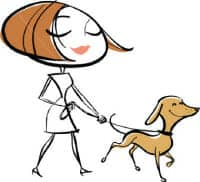
It's your turn to _______ the dog.
A | walk |
B | go |
C | run |
Question 2 |
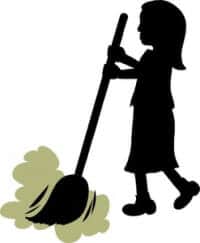
My mother asked me to _________ the floor.
A | brush |
B | broom |
C | sweep |
Question 3 |
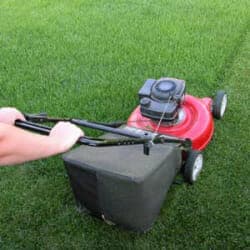
We pay our neighbor's son $25 to ______ our lawn.
A | mow |
B | weed |
C | shorten |
Question 4 |
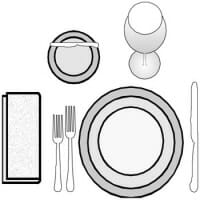
Could you _______ the table? Dinner is almost ready.
A | set |
B | put |
C | make |
Question 5 |
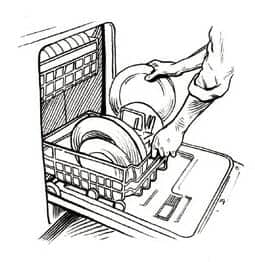
I'll help you with your homework after I finish _______ the dishwasher.
A | putting |
B | loading |
C | filling |
Question 6 |
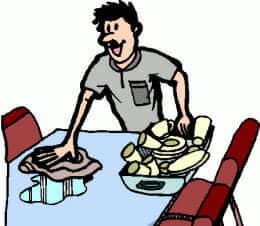
I always ________ the table after we finish eating.
A | clear |
B | remove |
C | take |
Question 7 |
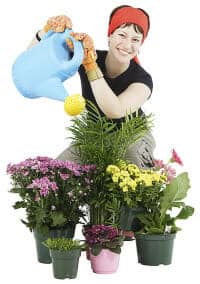
Please remember to _________ the plants every day while I'm gone.
A | wet |
B | water |
C | wash |
Question 8 |
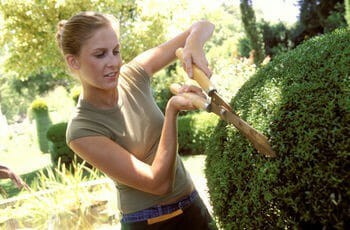
I spent the afternoon __________ the bushes.
A | trimming |
B | cutting |
C | shaving |
Question 9 |
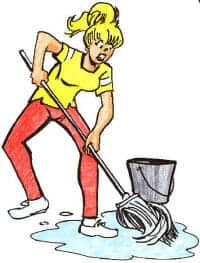
Don't come into the kitchen - I've just ________ the floor and it's still wet.
A | mopped |
B | rinsed |
C | watered |
Question 10 |
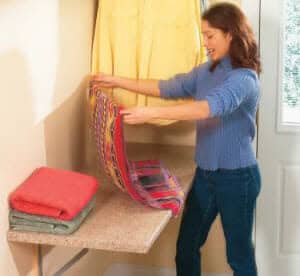
Please _______ the towels before putting them in the closet.
A | fold |
B | make |
C | square |
Question 11 |
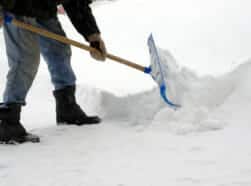
My shoulders are sore because I _________ snow for two hours yesterday.
A | shoveled |
B | moved |
C | took away |
Question 12 |
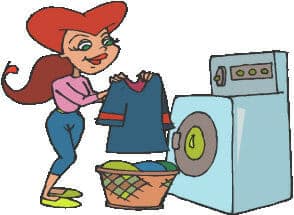
I _______ the laundry every Sunday afternoon.
A | make |
B | wash |
C | do |
Question 13 |
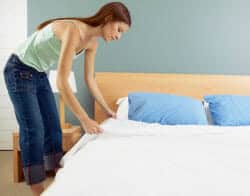
I didn't have enough time to ________ the bed this morning.
A | make |
B | arrange |
C | set |
Question 14 |
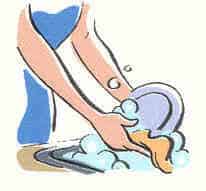
I accidentally broke a plate while __________ the dishes.
A | soaking |
B | washing |
C | watering |
Question 15 |
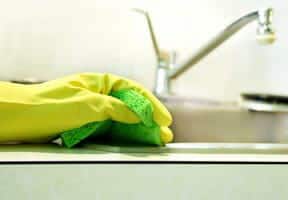
Make sure you ________ down the counter - you spilled some ketchup near the sink.
A | dry |
B | wipe |
C | sponge |
Question 16 |
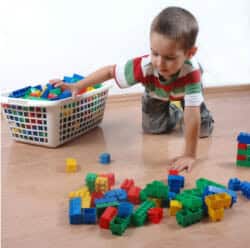
I'm teaching my son to _______ away his toys after he's finished playing with them.
A | save |
B | keep |
C | put |
Question 17 |
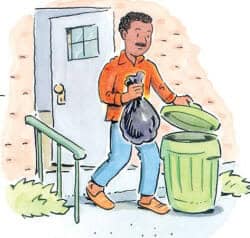
Don't forget to _______ out the trash!
A | carry |
B | put |
C | take |








